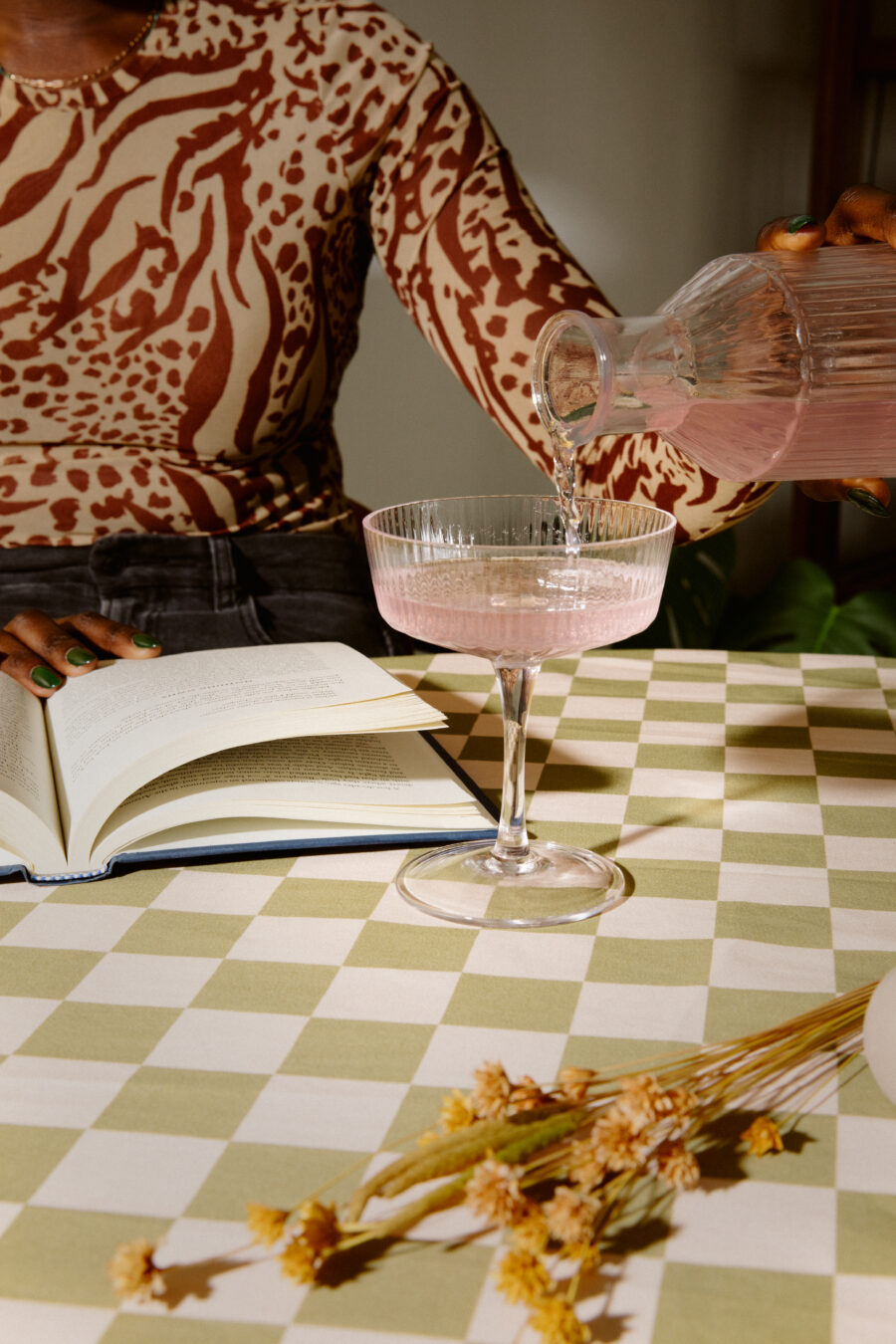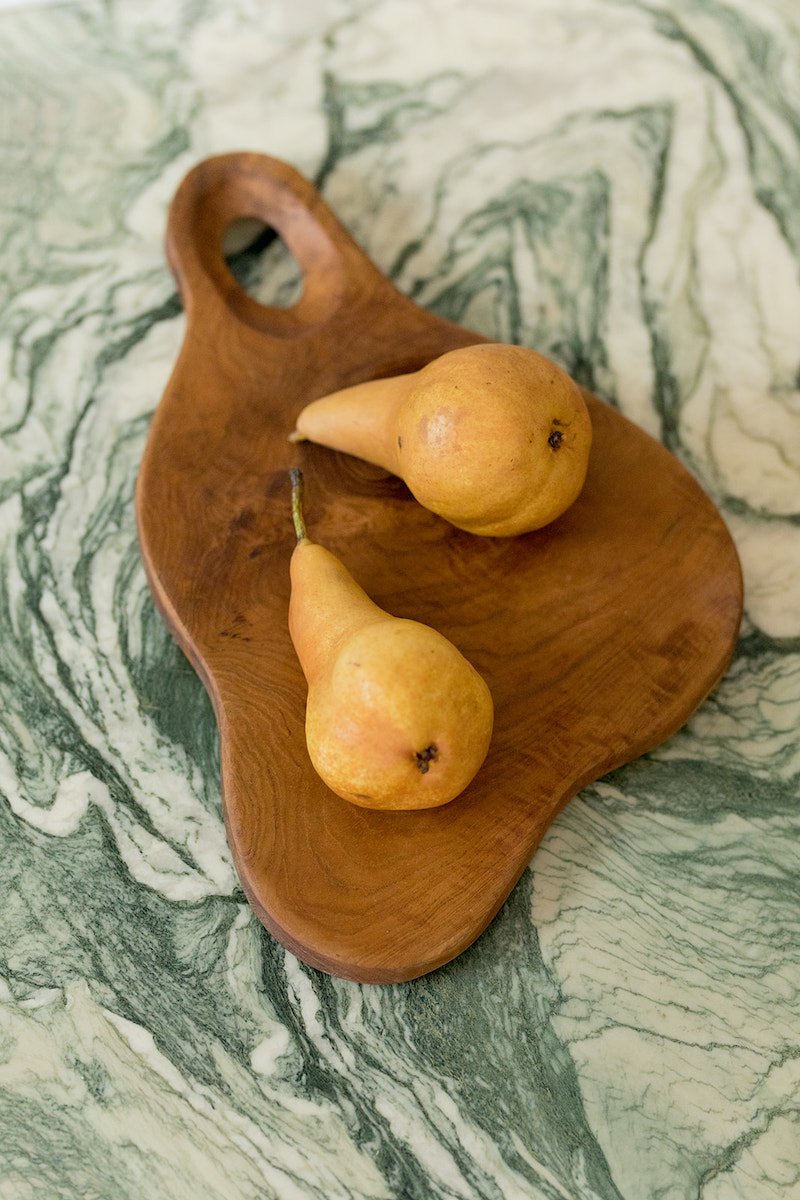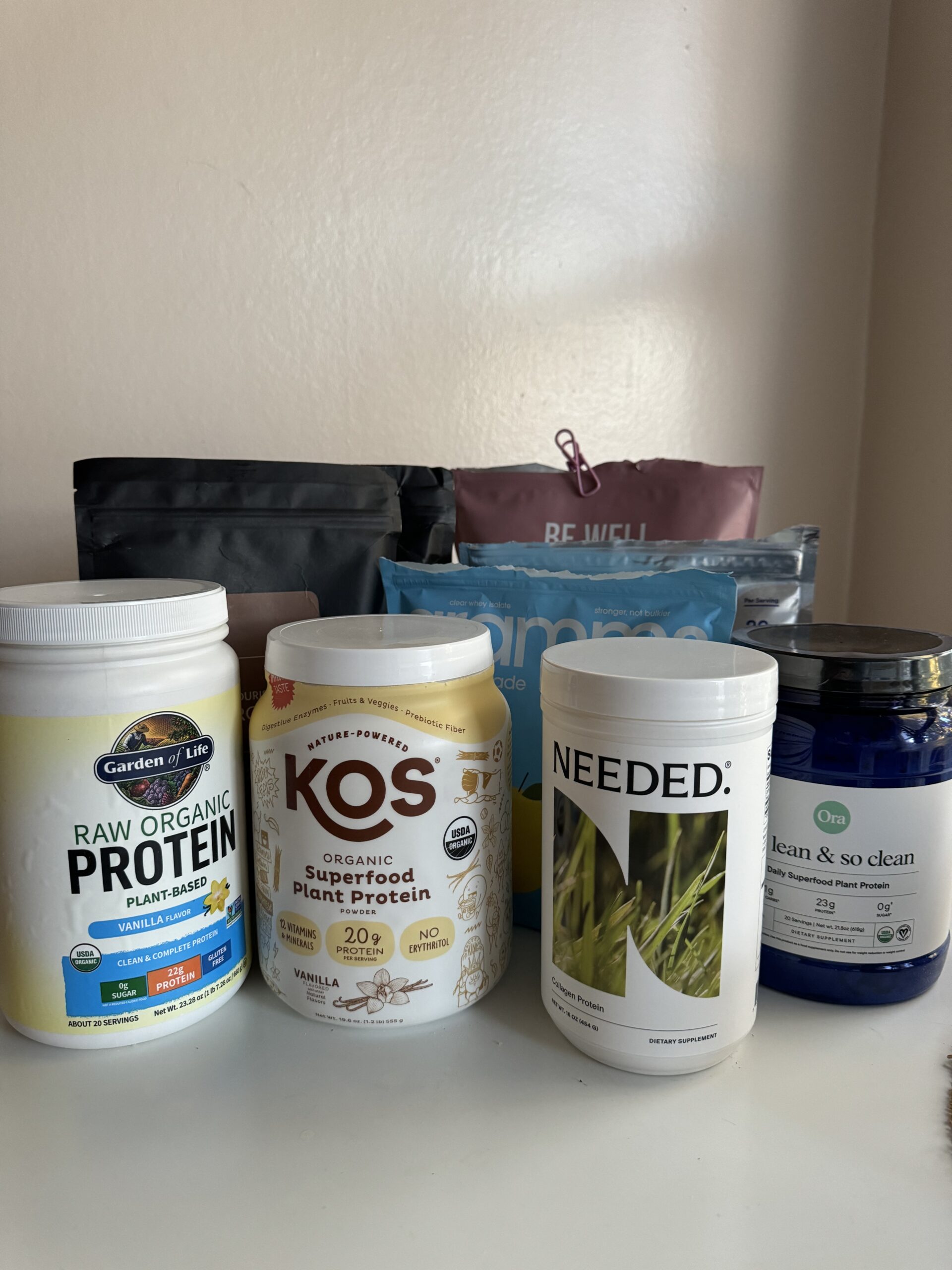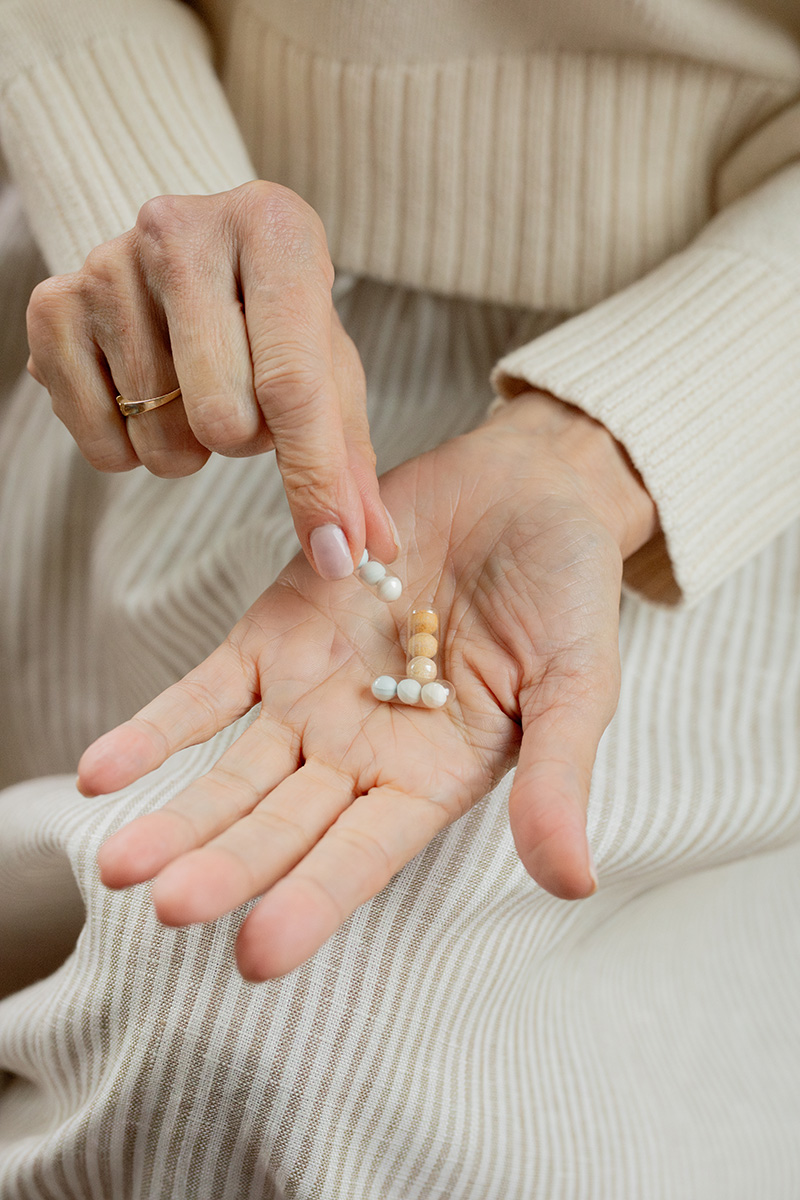
How Alcohol Affects Our Bodies As We Age
Consistent alcohol consumption in large quantities can adversely affect physical and mental health, especially for those with addiction or heavy drinking tendencies. But for much of the population, enjoying the occasional cocktail, beer, or glass of wine with friends is a common and harmless socialization practice.
As a freshly minted legal drinker during college, I admit to having my fair share of such hangovers. Attending the number one party school in the nation meant I while excelled in my classes by day, I also learned to excel in beer pong by night, followed by football game tailgating by the weekend. Hangovers in those college days seemed easily managed with a nap, a sports drink, and a large meal.
The effects of happy hour and book club came with a more significant and longer physical recovery to the extent that I wondered if I’d developed an allergy to alcohol.
As I matured into adulthood, my beverage intake lessened, and my preferences became more refined. I could consume skinny margaritas or red wine in moderation and seldom feel yucky the next day.
Now in my early 40s, that has changed. More regularly, even just one glass of wine or one cocktail can leave me with next-day regrets, including anxiety, migraines, and digestive upset, and taking up to two days to recover. The effects of happy hour and book club came with a more significant and longer physical recovery to the extent that I wondered if I’d developed an allergy to alcohol.
But as I started to research, I found that a true allergy to alcohol is uncommon. I also learned that people with non-life-threatening allergy-like symptoms—e.g., sneezing, congestion, headaches, nausea, flushing—during or after drinking are more than likely experiencing intolerance to substances within the alcohol, often added in the process of making it. These include sulfites, eggs, grapes, yeast, hops, barley, and wheat.
Pertaining to my particular situation though, I discovered it just might be simply getting older that’s the root cause of my reaction to alcohol. Here’s why:
Dehydration
Dehydration causes a problem no matter what age we are while drinking. But as we get older, our bodies naturally hold less water. Since alcohol is a diuretic, consumption leads to quicker and easier dehydration—one of the primary sources of classic hangover symptoms.
To combat this, we need to hydrate more than usual the day we drink (I like Ten Water), then replenish lost nutrients such as sodium, potassium, magnesium, and calcium the day after by sipping low-sugar electrolyte drinks and lemon or coconut water.
Poor Sleep
Alcohol can affect sleep in several ways. But as we get older, how much we sleep and the quality of our sleep declines. Per a study published by the National Library of Medicine: “While alcohol is initially sedating, this effect disappears after a few hours, resulting in a fragmented and disturbed sleep in the second half of the night.”
That means drinking before bed hits you with a double doozy in the lack of restorative sleep. To ensure you get your zzzs, avoid alcohol for at least two (ideally four) hours before turning in.
Body composition
Somewhere north of 40, we lose muscle mass and gain fat. A person’s body fat percentage contributes to the amount of alcohol that enters the bloodstream and the time it stays. According to an article by the University of Texas, “Alcohol diffuses more into muscle than fat because muscle tissue has a large amount of blood that flows through it. An individual’s muscle-to-body fat ratio will impact their BAC, as it correlates to the amount of blood available for alcohol to enter.”
Although age and body composition matter, so does weight and sex. Women tend to naturally have more body fat and so feel the effects of alcohol quicker and longer than men.
Liver function
Liver function declines as we age, making the processing of alcohol slower, and keeping it in our systems longer. Older adults also have less of the enzyme alcohol dehydrogenase (ADH) used by liver cells to metabolize alcohol.
Consider taking a quality milk thistle supplement to support liver function and detoxification. Milk thistle is said to support liver function and stimulate the immune system. Look for milk thistle that contains at least 80% silymarin to be effective. Milk thistle comes in capsule and tincture forms and is also effective as a tea. Some people experience minor digestive discomfort while taking it, so use caution and always consult your doctor.
Digestion
We absorb alcohol through the lining of the small intestine. Still, it can wreak havoc on multiple parts of your digestive system and gut health, causing bacteria imbalances, slowing the production of helpful mucus, causing acid reflux, and more. As we age, we are already fighting such imbalances and a natural slowing of gut motility. Drinking can compound these issues.
To support your gut while having cocktails, avoid drinking on an empty stomach, as food can help slow the absorption of alcohol. To aid in the prevention and recovery of hangovers, avoid processed, fatty junk food and high-sugar beverages. Fight the urge for a fountain Coke and fries and instead reach for fresh fruits like cucumbers and watermelons, green juices, and whole foods that support detoxification and hydration.
Planning for and keeping all of these elements in mind can help curb the adverse effects of light drinking as we age and allow for social drinking time as part of a sustainable and healthy lifestyle.
However, if you continue to have poor or worsening reactions when you drink, it’s best to avoid alcohol altogether, which is certainly not the end of the world. Thanks to the sober-curious movement, there are many great alcohol alternatives available so you can still relax or even be the life of the party and wake up feeling great the next day.
Randi Donahue is a freelance writer who lives on the Gulf Coast of Florida and is fortunate to live right next to a glorious nature preserve and a few miles from a white sandy beach. She and her family are passionate about nature, health & wellness, and sustainable living and believe the path to a healthy and prosperous life requires authenticity, kindness and a whole lot of fresh air.




